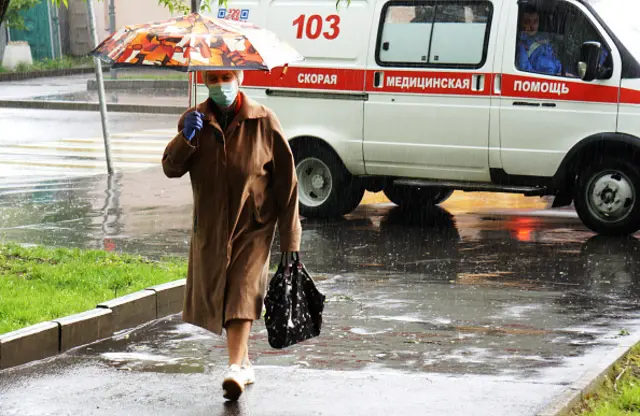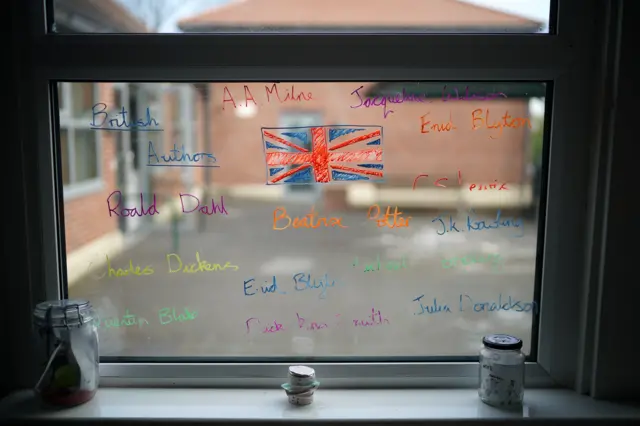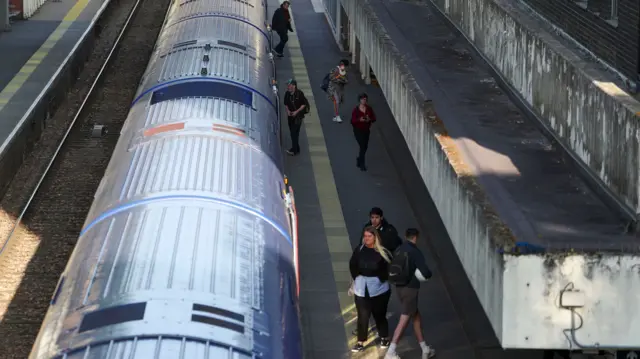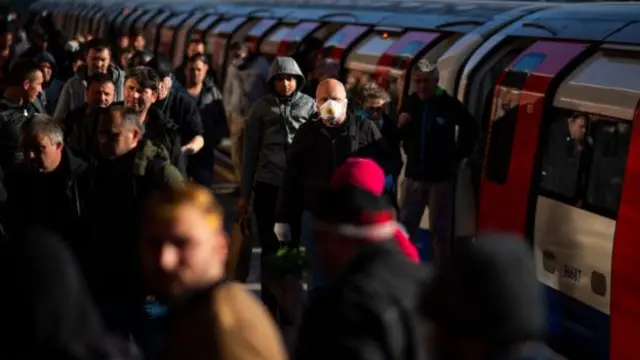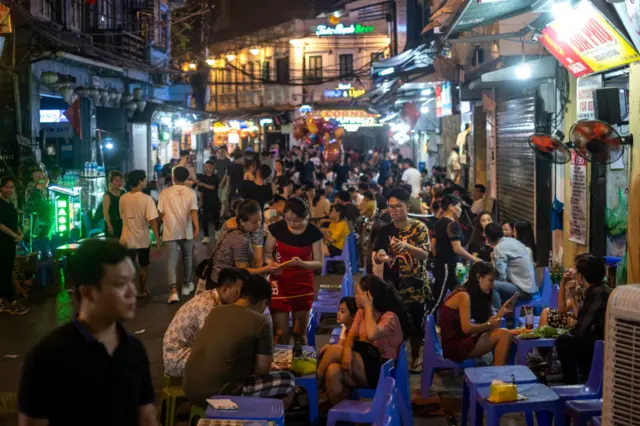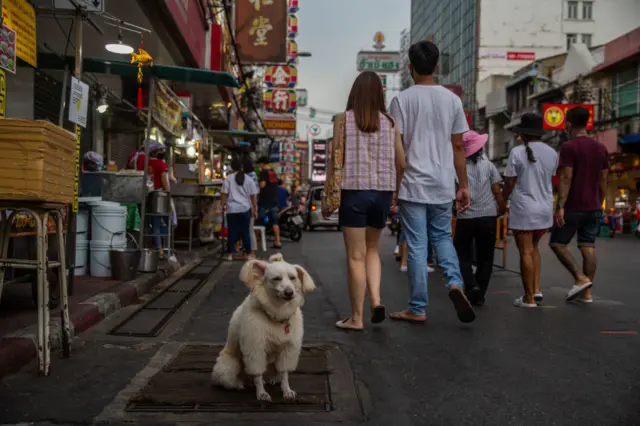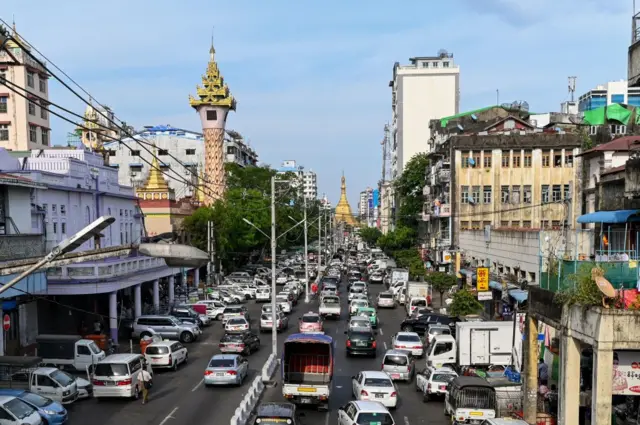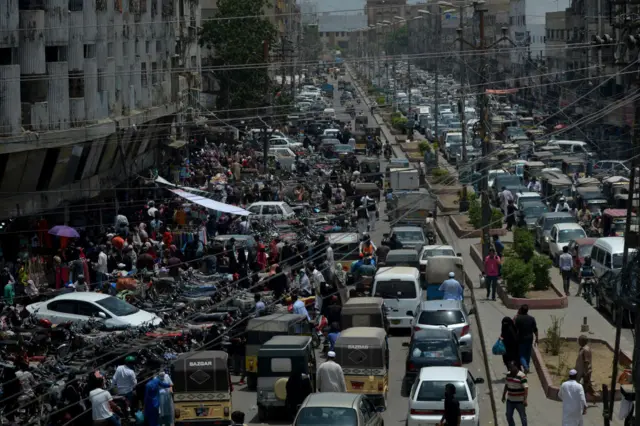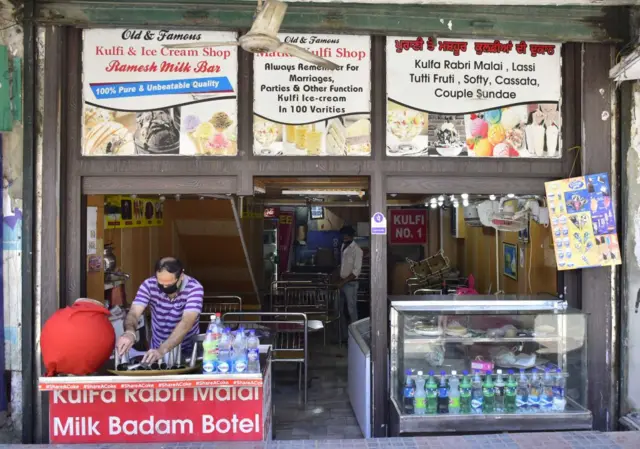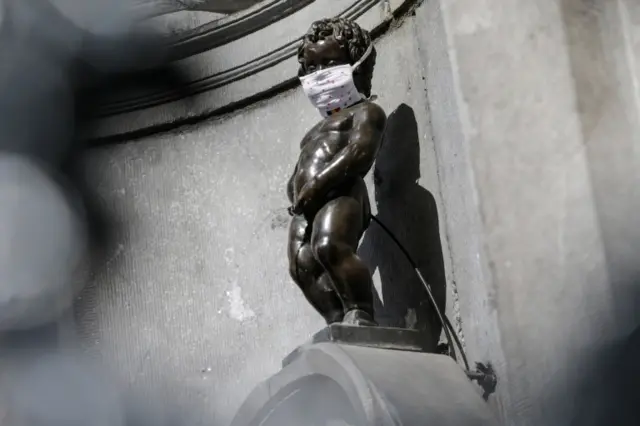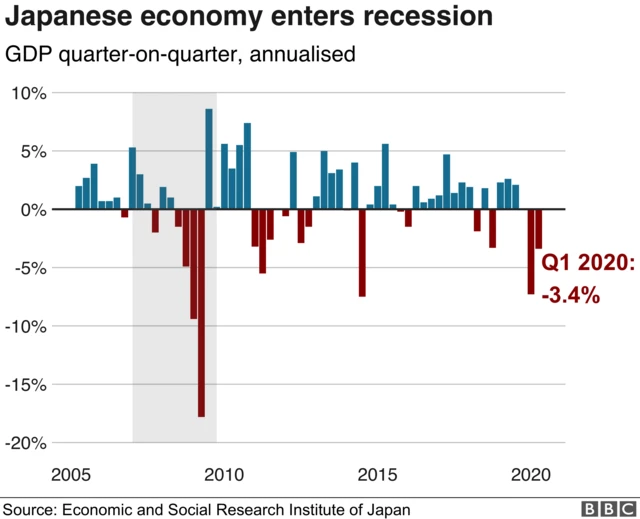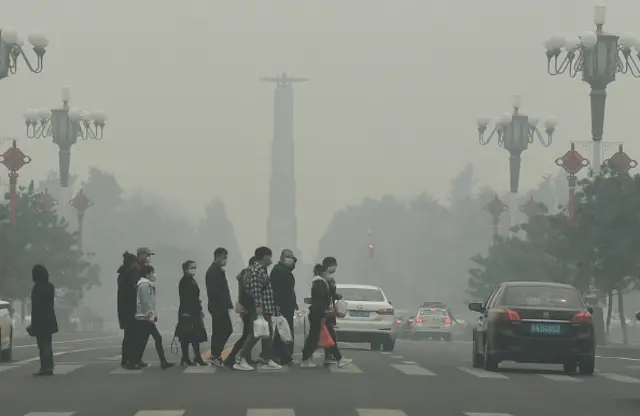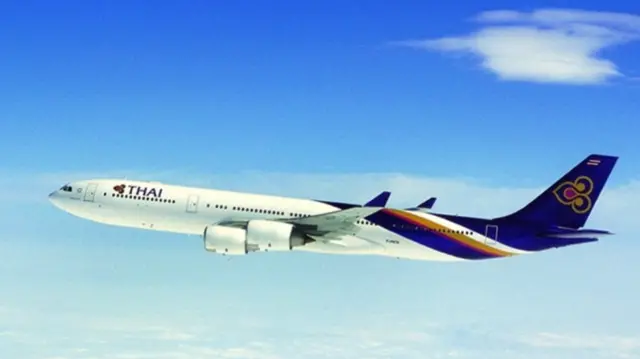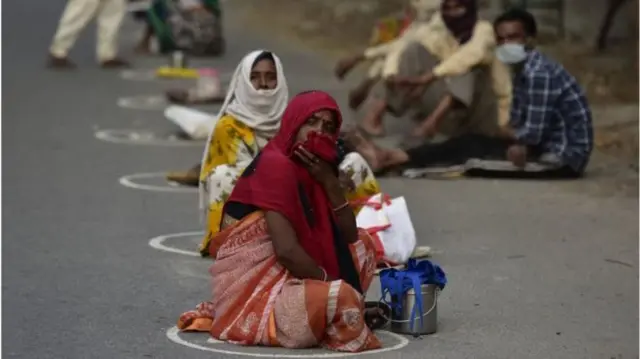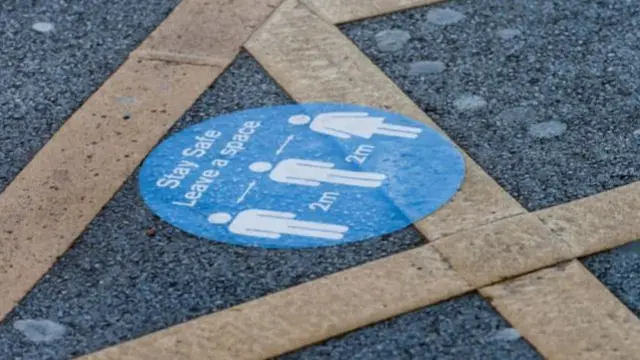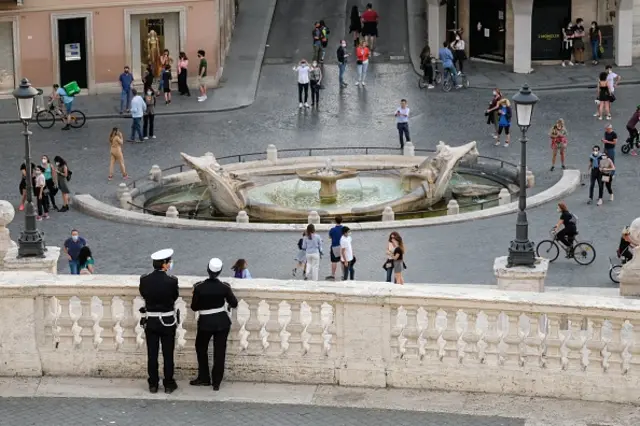Health workers face violent attacks in Mexicopublished at 09:41 BST 18 May 2020
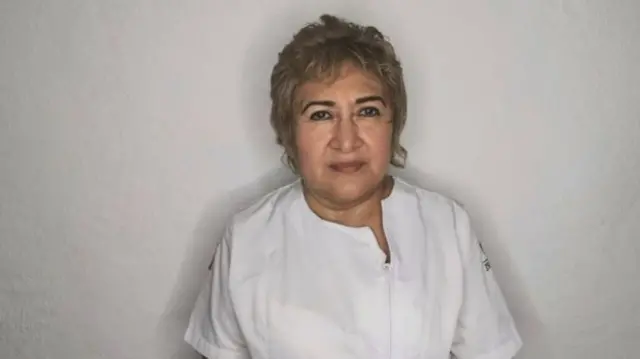
Ligia Kantun had hot coffee thrown over her
Mexican nurse Ligia Kantun says that in 40 years of work, she has never witnessed such a poisonous reaction to health workers. While in many countries doctors and nurses are being praised for their work on the coronavirus front line, in Mexico dozens have been attacked.
Ligia, 59, says that she worked during the swine flu pandemic in 2009 and an outbreak of cholera in 2013, but some people are "behaving psychotically in response to this virus".
"It is terrible," she says.
She was attacked on 8 April after leaving work in her hometown of Merida, Yucatan. Someone drove past her and threw hot coffee down her back. "Infected!" they yelled through the car window before speeding away.
She says that luckily she was not badly injured but she knows it could have been worse.
As of 28 April, there had been at least 47 attacks against health workers, particularly nurses, in the country, according to the Mexican government. And the authorities say the true figure may be higher. Reports on social media of discrimination range from nurses being stopped from getting on buses to doctors being assaulted by relatives of Covid-19 patients.

